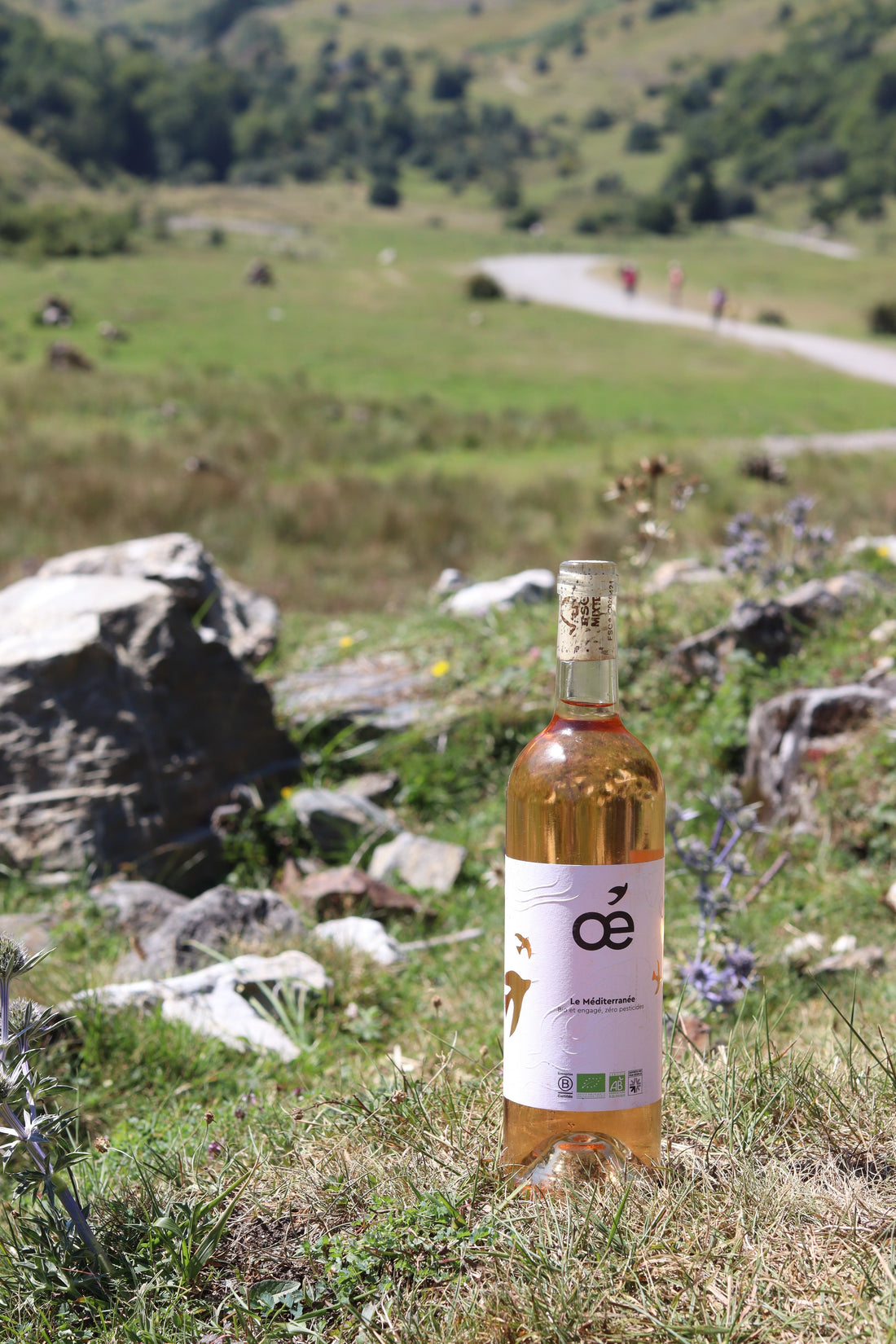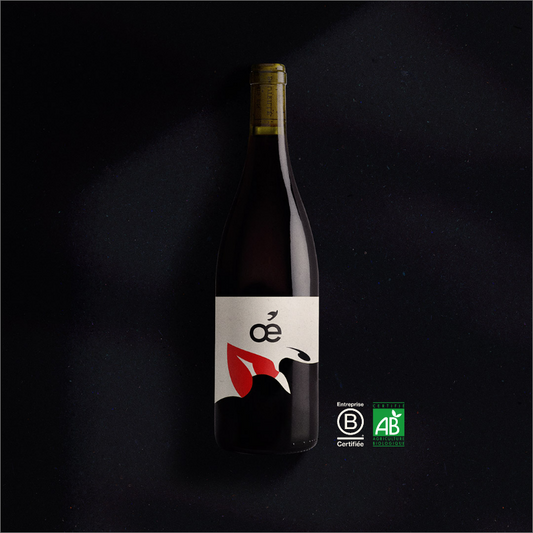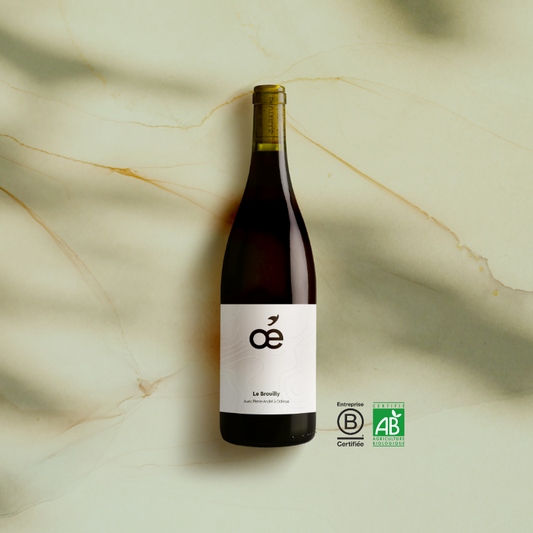We all have a friend, a cousin, a neighbor who told us: “no, organic is not for me, I'm not a “bobo” and it's too expensive”. We respect everyone's opinions, but as we like to debate we still come to bring the arguments against the prejudices on organic wine .
Is organic wine trendy? Very expensive ? Not good ? Far from glitz and glamour, winegrowers committed to sustainable viticulture are activists and agents of change. 3 prejudices about organic, 3 minutes to convince!
''Organic wine is not good, is it? ''
How many times have we heard this reflection? This is part of the prejudices of organic wine: its taste!
You should know that the taste of organic wine has nothing to do with the fact that its production is in Organic Farming. Reminder of the definition of organic farming according to the Ministry of Agriculture: ''Organic farming is a mode of production which finds its originality in the use of cultural and breeding practices concerned with respecting natural balances. Thus, it excludes the use of synthetic chemicals, GMOs and limits the use of inputs.''
This applies to all products from organic farming. We don't say: ''this baguette is really not good because it's organic''. If it is not good, other factors may come into play, but not the fact that the flour is produced without GMOs and without synthetic chemicals.
''Organic winegrowers are looking for a taste that will represent their terroir and their know-how.''
It's the same for wine! To understand the taste of wine, one must understand the production of wine. First of all, before 2012 we only talked about wines made from organic grapes, there was no legislation in terms of winemaking. Since then there has been European regulation which applies specifications both on the vines and in the cellar.
Today in France the European label with the green leaf and the stars replaces the AB label. You can put the AB label on wine bottles or food products, but it is not compulsory. With the continuous improvement of techniques, more and more winegrowers are noticing the positive effects of organic and biodynamics on their vines, their terroir, as well as on the quality of their wine. Gone are the days when organic wines were reputed to be ''picette'': the battle of taste is also about to be won!
Organic winegrowers are looking for a taste that will represent their terroir
and their know-how. You can be attached to one region more than another, this can influence your judgment on the appreciation of a wine.
''Pff... organic wine is just trendy anyway''
Some may think that organic wine is a fashion effect, that it's for the ''bobos'', it's marketing! But when you meet winegrowers who work in organic or biodynamic agriculture, you are far from ''Fashion Week'' in Paris. Working to produce wines without synthetic chemicals, so as not to poison the soil or living beings, is a philosophy of life and it is also a matter of peasant common sense to which today's winegrowers are reconnecting.
Organic winegrowers are convinced and defend:
· Protection of the environment, biodiversity and nature as a whole.
· Keeping everyone healthy : that their children can live on the property, that their employees can work in a healthy environment and that their consumers know what they are drinking.
''Organic wine is expensive''
To understand the price of a wine, you have to see the production. We already know that producing organic wine means not using synthetic chemicals such as weedkillers. One of the first things that many organic winegrowers have to deal with is the weeds under the rows of vines. Because they choose not to use chemical weedkillers like Roundup. (Thank God!) Thanks to them for taking care of the planet and us at the same time! They must weed manually in the rows with a tractor (or without) which will work the soil to remove the weeds. This additional work implies more regular passages in the ranks, therefore more manpower. The cost of labor is a significant cost in the final price of a product. As more work is needed in the vineyards, this creates employment in the wine sector and with a good social impact.
Perhaps some of your friends are among those 39.3%, according to a VinBio study, who do not buy organic wine because they are not informed, today you have the arguments to convince them! You can tell them that organic wine is made with respect for nature and the environment for everyone's health, that it's good and that it's no more expensive than a movie ticket.
Buying organic wine means encouraging people who take care of the land, who ensure its balance and who care about the quality of the products they sell. By paying the fair price to organic wine producers, we allow families to be able to live by acting for the good of the planet! We invite you to meet the winegrowers, chat with them and go for a walk in the vineyards!





